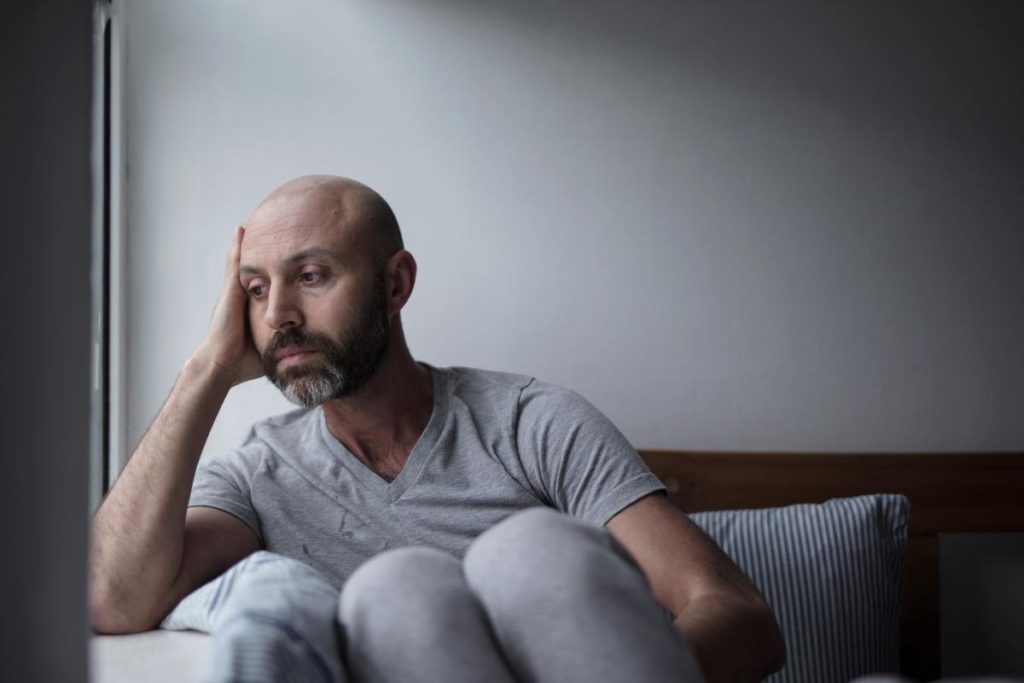Regarding medication for mental health and substance abuse treatment, it is essential to be aware of the side effects. This article will discuss some of the more common clonidine side effects and how to recognize them.
Northpoint Washington is a mental health and substance abuse treatment facility that provides various services to its patients. One of the services we offer is a clonidine addiction treatment program, where we are committed to providing our patients with the best possible care. Contact us at 888.450.2153 for more information about our services.
What Is Clonidine?
Before we discuss the potential side effects of the medication, it is crucial to understand “what is clonidine.”
Clonidine is a medication used to treat high blood pressure, attention deficit hyperactivity disorder (ADHD), and anxiety disorders. It works by decreasing the amount of norepinephrine, a chemical messenger in the brain. Clonidine is available as an oral tablet, an extended-release tablet, or a patch.
Classified as a centrally acting alpha-agonist hypotensive, clonidine is structurally similar to other medications used to treat high blood pressure, such as prazosin and guanfacine. It is also used as a medication to help people detox from opiates like heroin and prescription painkillers. When detoxing from opiates, clonidine can help to reduce withdrawal symptoms like anxiety, sweating, and nausea.
Is Clonidine Addictive?
Though clonidine is not considered addictive, it can be abused because of its habit-forming nature. People who abuse clonidine take higher doses than prescribed or take the medication more frequently than prescribed.
Prevalence rates for clonidine abuse are not well-established, but reports show that abuse of the medication does occur, particularly among people who abuse other substances. People who abuse clonidine may do so because it can cause feelings of relaxation and sedation.
Clonidine Side Effects
There are several potential side effects associated with clonidine, and it is important to be aware of them. Some of the more common clonidine side effects include:
- Drowsiness
- Dizziness
- Headache
- Nausea
- Vomiting
- Diarrhea
- Constipation
- Dry mouth
- Blurred vision
- Fatigue
- In rare cases, more severe side effects can occur, such as:
- Slow heart rate
- Fainting
- Seizures
- Swelling of the feet and lower legs
Most of these clonidine side effects are mild and will go away on their own. However, if you experience any of these side effects, it is important to contact Northpoint Washington as soon as possible. Overdose symptoms may include dizziness, fainting, a cold feeling, pinpoint pupils, and extreme tiredness or weakness.
While clonidine addiction and abuse are not as common as other forms of drug addiction, they are still a problem. Clonidine abuse can lead to overdose and death.
Treatment Options for Clonidine Abuse at Northpoint Washington
If you or someone you know is abusing clonidine, it is vital to seek help as soon as possible. Northpoint Washington offers a variety of treatment options for clonidine abuse, including:
Detoxification is a process where the body gets rid of the toxins built up from clonidine abuse. This process can be uncomfortable and sometimes dangerous, which is why it is important to detox under the care of a medical professional.
Inpatient treatment is a type of treatment that allows the patient to stay at Northpoint Washington for a period of time, typically 30 days. During this time, the patient will receive around-the-clock care and treatment.
The 12-step program uses a set of principles to help people recover from addiction. This can be a good option for people with a less severe clonidine addiction or who have been successful in other treatment programs.
Cognitive-behavioral therapy (CBT) is a type of therapy that helps people to change the way they think and behave. This can be an effective treatment for clonidine abuse because it can help people identify and change the thoughts and behaviors contributing to their addiction. Call us at 888.450.2153 and get help today.

